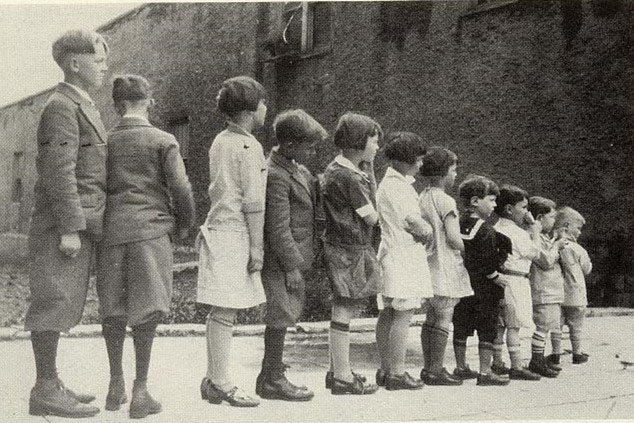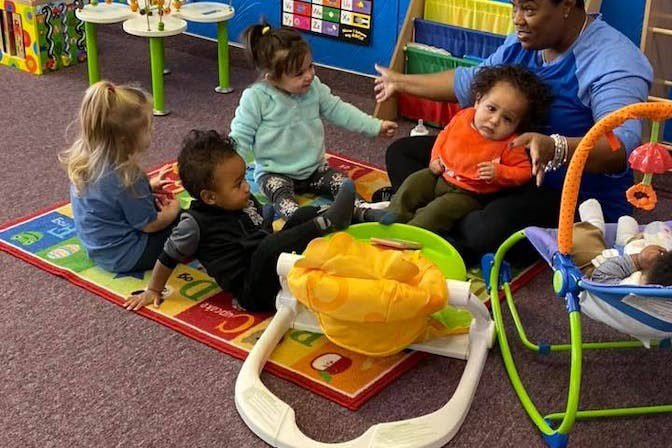All Work
Early Childhood Education
There’s Nothing Magical About Pre-K
Treating pre-kindergarten like a silver bullet isn’t helping the disadvantaged kids who need it most.
The Promise of Pay for Success
Pay for Success can’t solve every social challenge alone. But it holds great promise as a bipartisan approach to build more effective, efficient and responsive government programs.
Pay for Preschool Success
Recent critiques of Utah’s pioneering Pay for Success project in fact underscore a key strength of the Pay for Success approach: bringing rigor and transparency to public sector spending, which usually has neither.
‘Set Their Feet Upon Surer Paths’
An 80-year legacy of federal policymaking in early childhood has left us with a hodgepodge of fragmented funding streams, disconnected from each other and from a clear, coherent purpose.
Preschool for All is No Panacea, California
Instead of launching a costly and unproven program for 4-year-olds, California should invest in helping vulnerable, young children in the home and in child care.
Schools Aren't Everything
Despite decades of effort and trillions of dollars, neither preschool nor other reforms have made a difference by the time it really matters: when children finish school.
Pre-K Isn’t Enough
While a year of pre-K can be helpful for many children, too often focus gets diverted from improving early learning for disadvantaged young children to promoting universal pre-K for all four-year-olds.
Pay For What Works
An innovative public financing approach known as Pay For Success provides a way to break the cycle of ineffective government spending on social programs.
Too Little, Too Late
Minnesota’s fascinating preschool battle drags on, highlighting crucial questions for the expansion of early education across the country.
The Next Front in the Preschool Fight
Minnesota’s unusual debate highlights three crucial questions that the growing early care and education sector is increasingly going to face as more initiatives get off the ground across the country.
Early-Education Teachers Need Better Training
Early education is starting with a clean and unencumbered slate. This is the right time to make crucial decisions about how teachers should be prepared to educate very young children.
The Myth of Universal Pre-K
Big scale-ups of “pre-K for all” are much more useful to politicians and the middle class than to the disadvantaged children most in need of help.
What Early Education Can Learn from the K-12 Choice Movement
Early education advocates would be wise to remember the fundamental value of school choice and what it means for the long-term viability of the early education sector.
A Caution to Early Educators
It’s important to remember that getting money in the budget isn’t enough to realize the promise of early education. How early learning programs are designed and carried out is as important as whether they’re done at all.
Here Come the Child-Care Cops
Research shows that good preschool can be critical to young children’s development and is insufficiently accessible to poor and working-class families. But new federal grants are paying states to institutionalize a misguided conception of quality, repeating the same mistakes that the education establishment has been making in K-12 for decades.
















